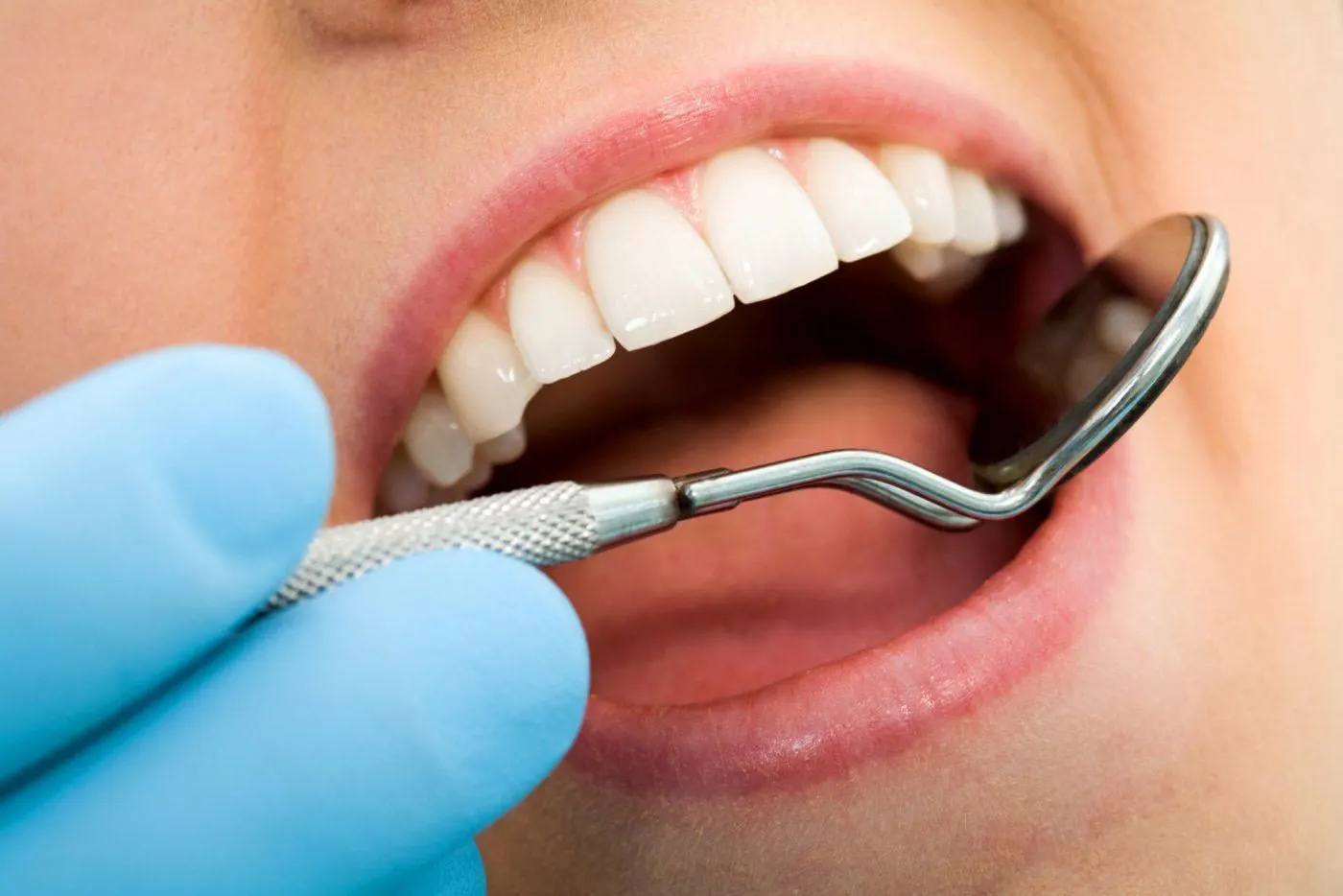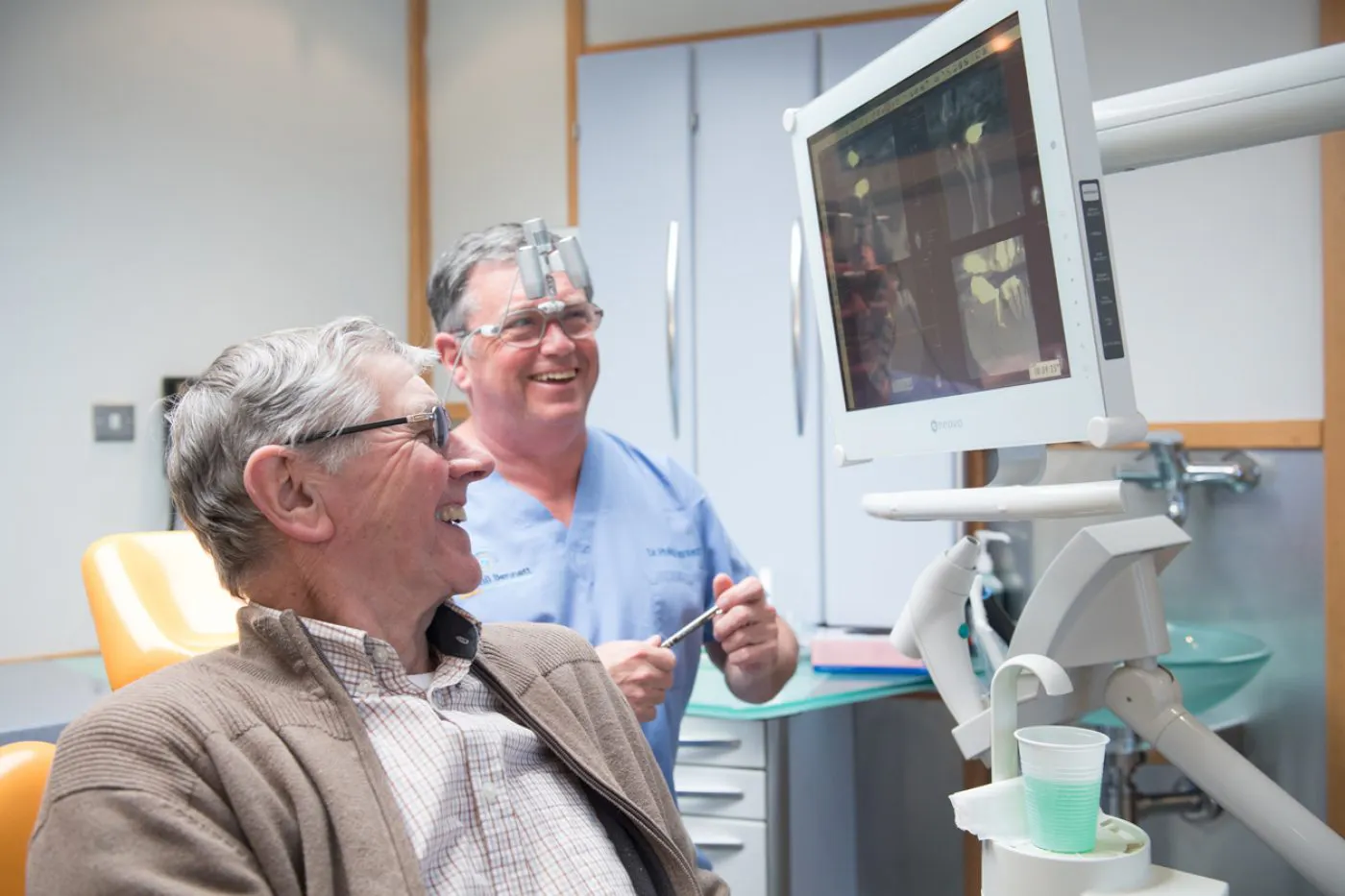What is gum disease?
Although it can be worrying to be told you have gum disease, you’re not alone. Many adults in the U.K. currently have some form of the disease. Periodontal diseases range from simple gum inflammation to serious disease that result in major damage to the soft tissue and bone that support the teeth. In the worst cases, teeth are lost.
Whether your gum disease is stopped, slowed, or gets worse depends a great deal on how well you care for your teeth and gums every day, from this point forward.








